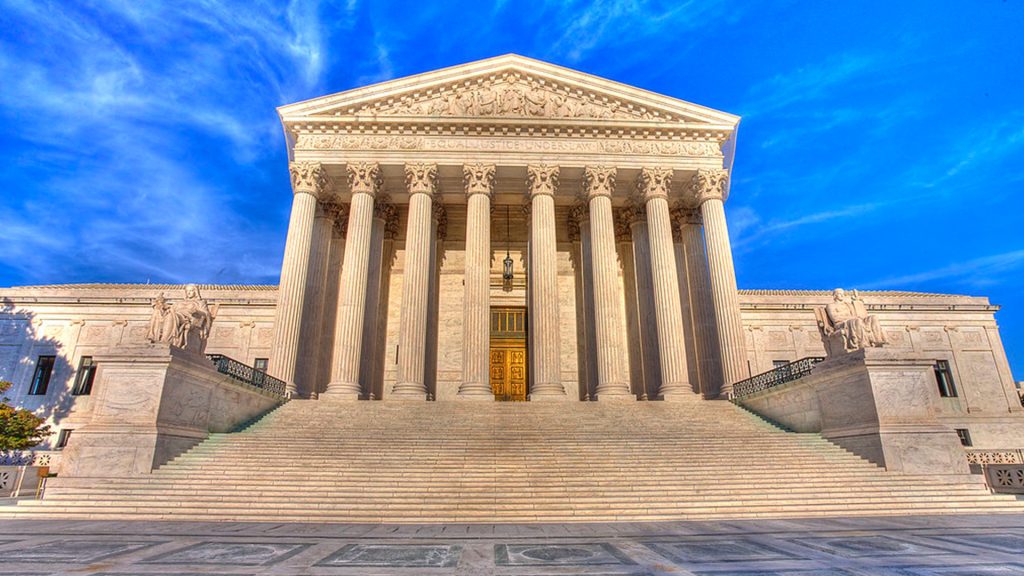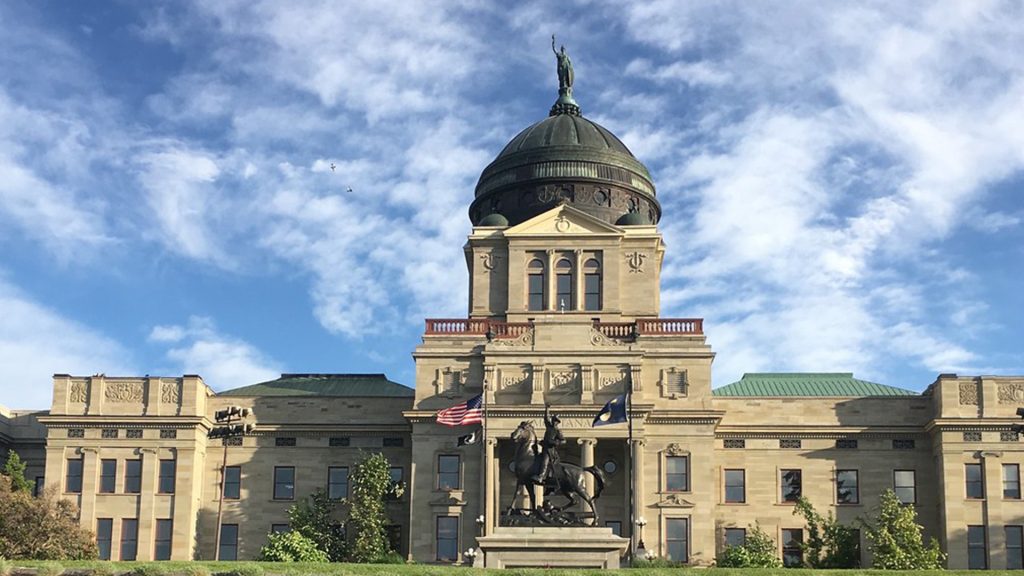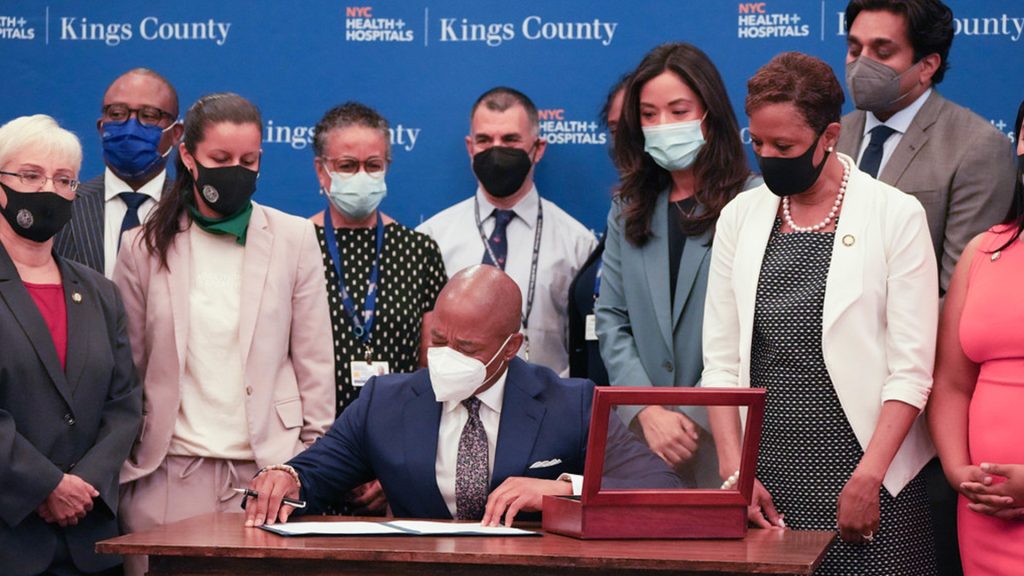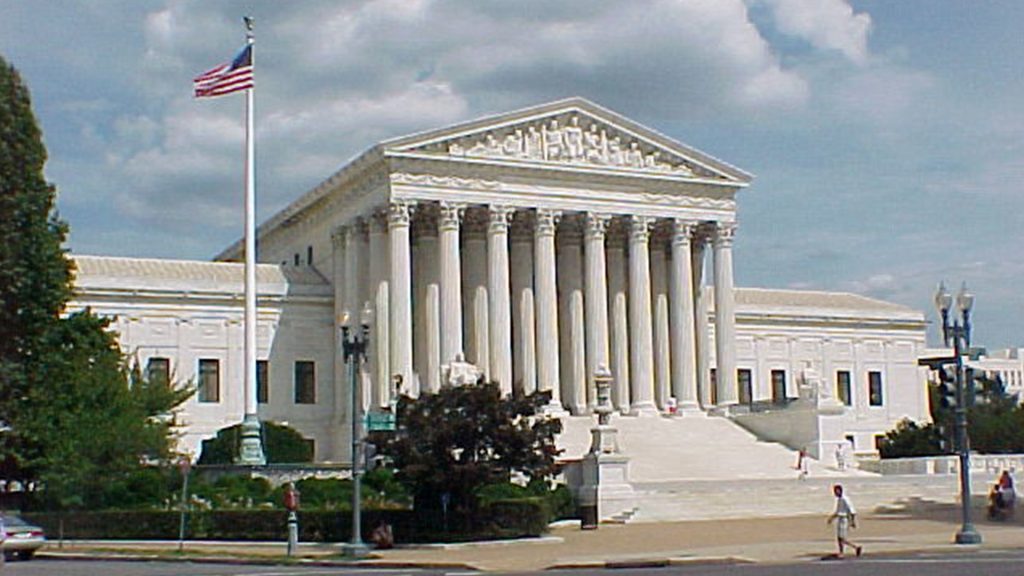A Montana judge just declared three state abortion restrictions unconstitutional. The blocked laws include a 20-week ban, a telemedicine ban, and required waiting periods. Continue reading this developing story.
Laws Overturned
A Montana district court judge overturned three 2021 anti-abortion laws as unconstitutional this week. The judge sided with a challenge from Planned Parenthood that the laws violated privacy rights under Montana’s constitution.

The overturned laws include a ban on abortions after 20 weeks, a telemedicine ban for abortion medication, and a 24-hour waiting period requirement. These laws never went into effect due to an injunction last October.
Ruling’s Basis
Judge Kurt Krueger’s ruling relied on a 1999 MT Supreme Court decision naming abortion as part of the state’s constitutional right to privacy. That case protected abortion access before fetus viability.

The state has tried and failed multiple times to get the MT Supreme Court to overturn that 1999 precedent. Attorney General Knudsen still plans to appeal this latest ruling upholding it.
Ongoing Legal Fights
While abortion rights advocates celebrated this week’s decision, Planned Parenthood’s leader Martha Fuller noted continued 2023 legislative efforts to restrict access.

“We will never stop working to ensure that all Montanans…can access the care they need,” Fuller pledged despite the uphill political battle. Court fights continue over 2023 laws.
2023 Laws Targeted
Even after this ruling striking down older restrictions as unconstitutional, the MT legislature passed more abortion limits this session.

New 2023 laws being challenged include a ban on a common second-trimester procedure, a requirement for prior authorization to use Medicaid for abortion, and limiting providers.
Court Upholds Abortion Access
Judge Krueger’s decision accused the state laws of hiding “ideological” motives behind claims of health interests. The 1999 ruling made the same point.

Citing the moral indefensibility of such deception, the judge affirmed the precedent on the unconstitutionality of pre-viability abortion limits in Montana.
Repeating History
This new ruling echoes the 1999 MT Supreme Court decision both legally and in calling out disingenuous motives behind the laws.

While the state hopes to appeal again, the precedent has already rejected the same types of abortion restrictions multiple times over decades.
Privacy Rights Affirmed
Montana’s Constitution provides broader privacy rights than the US Constitution, explicitly protecting personal autonomy in medical decision-making.

By overturning these laws, the courts affirm that the right in Montana to obtain a pre-viability abortion falls under this constitutional privacy protection.
Politically Polarized Fight
The ruling keeps abortion rights established in Montana despite opposition from socially conservative lawmakers and officials.

While the current courts favor precedent on privacy protections, Republicans continue introducing bills to test legal boundaries on abortion restrictions.
Ongoing Legislative Assault
In addition to the laws overturned this week, the 2023 Montana legislature passed a slate of other abortion restrictions likely facing court challenges soon. These include banning dilation and evacuation abortions, requiring prior authorization for Medicaid-funded abortions, and limiting providers to only physicians and physician assistants.

Despite this week’s firm judicial rebuke of other abortion restrictions as unconstitutional, Republican lawmakers show no signs of stopping attempts to incrementally narrow access through questions of medical necessity. More bills are likely on the way.
Court Clarity on Viability
A key point upholding abortion rights under state precedent is that viability is complex, resisting rigid legislative bans. As the 1999 Supreme Court noted, viability depends on individual medical circumstances rather than an arbitrary gestational age cutoff.

By emphasizing the centrality of health considerations determined on a case-by-case basis over bright line rules tied to timeframe regardless of viability, the court precedent protects abortion access unless fully repealed.
Backlash Bills Advance
While progressive advocates praised this week’s decision, Republican politicians dismissed it as reflecting the expected liberal leanings of the current Montana courts. Despite the consistent judicial application of current precedent on privacy rights protections for abortion access, conservative lawmakers pledge to keep introducing bills challenging boundaries.

Possible legislation could include gestational age bans with outlier exceptions to still test precedent, abortion procedure bans, or further restrictions on medication access. The court’s clarity on viability considerations may prove challenging to overcome.
Roe Reversal Contrast
Unlike the recent federal overturning of Roe v. Wade exposing abortion rights to state politics, Montana’s courts have repeatedly upheld strong protections for abortion access rooted in constitutional interpretation. Because explicit privacy rights cover medical decision-making autonomy, state courts have maintained this precedent despite ideological attacks without constitutional changes.

With public support in Montana resisting moves toward abortion bans seen in some other conservative states after federal protections fell, Republican legislative strategies focus more on narrow carve-out restrictions.
Ongoing Legal Limbo
While this week’s ruling keeping several laws from taking effect represented an important win for reproductive rights groups, newer restrictions and pending court fights keep the political landscape unsettled. With Republican leaders planning an appeal of this latest case and introducing more abortion access bills, Montana faces likely years more legal limbo over policy specifics despite clearly established underlying rights.

Voters on both sides of the issue will likely continue pressuring legislators and courts alike either toward expanding access again or finding creative ways to advance restrictions within the confines of current precedent. Neither political pressure nor the courtroom battles show signs of stopping.
Rights Affirmed But Threats Remain
This major ruling should function to prevent threatened abortion restrictions like arbitrary gestational age bans from taking effect in Montana for now, protecting access through precedent. However, conservative political opposition shows no indication of stopping attempts to incrementally assault abortion rights affirmed under long-established state precedent.

The ongoing introduction of laws testing boundaries of medical consideration standards and procedural hurdles indicates Republicans remain committed to an attritional attack strategy. Meanwhile, rights advocates must remain vigilant about rapid response court challenges each session for the foreseeable future.






